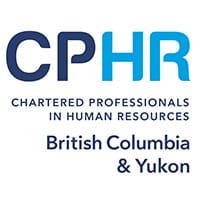For British Columbia workers who are concerned about their working conditions, a labour union can be an important tool. Currently, under the British Columbia Labour relations Code in order for a union to be certified, at least 45 percent of workers are required to sign membership cards indicating they want to unionize, and once that threshold is reached, they must restate their position through another vote. British Columbia will be enacting single-step certifications of unions. Under the new amendments, the Labour Ministry says a union would be certified right away if 55 percent or more employees sign membership cards. If between 45 percent and 55 percent of employees sign union membership cards, a second step consisting of a secret ballot vote is required for certification
Single step certification: a response to recent corporation “union-busting”
The B.C. government is moving to a single-certification system after allegations of “union-busting” from large corporations active in the province. With the two-step system, it is not uncommon for corporations to try to dissuade people from voting for the union even after they have signed on in the first step. By removing the need for a vote, and considering the signing of union cards as representative of the interest of workers to unionize, corporations have less opportunity to undermine unionization efforts.
The parameters of single-step certification
In order for a workplace to unionize without a vote under the new legislation, a clear majority must sign union membership cards. A clear majority is defined as 55%. A certification between 45 and 55% will still require a second step, that being a secret ballot.
This simplification of the process is critical news for workers who are considering unionization as an option for improving their working conditions. Of course, there continue to be many legalities involved in the labour relations process. As such, speaking with a lawyer about these issues is advisable whether one is looking to seek individual or collective action in a labour matter.


